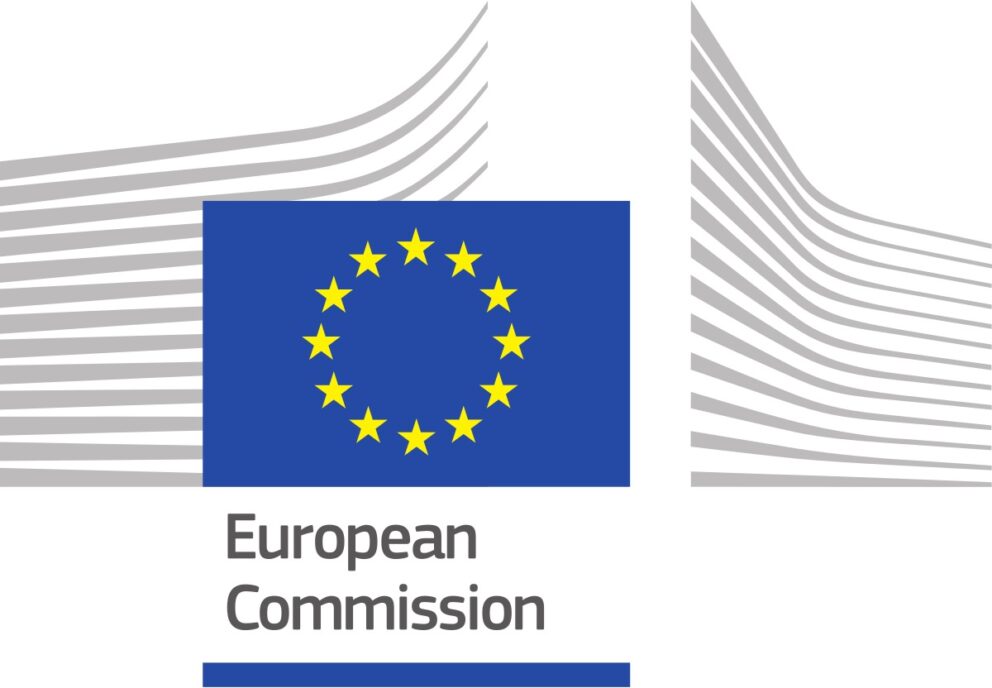
EU to Ban Cellphone Roaming Fees for Another 10 Years
The European Union on Thursday ruled to extend the moratorium it placed on mobile roaming fees in member nations back in 2017 by another 10 years — reports TechCrunch.
Thanks to the regulation, EU residents can “roam like at home” and avoid most extra charges for cellular access when travelling from their home country to any of the 27 EU Member States.
Lawmakers also updated the regulation to introduce a focus on service quality and investment in emerging wireless technologies.
According to the European Commission, the new rules “aim to ensure that when similar quality or speeds are available in the visited network, the domestic operator should ensure the same quality of the roaming service.”
Operators are also required to be more transparent about the quality of services users can expect while roaming. To that end, networks must inform their customers of the quality of services they can expect while roaming in their roaming contract and also publish this information on their website.
The Commission added that consumers who are roaming should receive an SMS about “potential increased charges,” such as when calling customer service numbers and help desks.
“The SMS should include a link to a dedicated webpage providing additional information on the types of services and, if available, about the relevant phone numbering ranges.”
With the ban on roaming fees being extended by a full decade, the regulation also makes a point of addressing the 5G rollout in Europe and future developments in wireless technology.
“As concerns 5G services, it will become more and more important for consumers travelling abroad to know if they could be affected by limitations in available network quality when using certain applications and services,” the regulation suggests.
“The new roaming rules aim to enable innovation and business development, ensuring the widest use of innovative services and minimizing the risk that citizens would not be able to use certain applications requiring the latest network technology, such as 5G, when crossing internal EU borders.”
In addition, the EU revisited wholesale caps. These determine and control the maximum prices a visited operator can charge users for access to its network by another operator in order to provide roaming services.
The Commission describes wholesale caps as “an essential element for the sustainability of ‘roam like at home’ for operators.” Its recent review of the roaming market concluded that wholesale caps should be further reduced.
“The co-legislators agreed on a gradual reduction of the wholesale caps from 2022 onwards,” it notes. “These caps reflect decreasing operators’ wholesale costs of providing roaming services, provide sufficient investment incentives and maximize sustainability for EU operators.”
EU negotiators had agreed on the following wholesale caps back in 2017:
- 3.2 euro cents per minute for voice.
- 1 euro cent per SMS.
- A step-by-step reduction over five years for data caps decreasing from $10.85 CAD/GB to $3.52 CAD/GB by 2022.
The EU’s efforts to drive down data prices across the entire bloc are in stark contrast to Canada, where a recent government-commissioned report showcased the deplorable state of wireless prices. A 100GB (or higher) cellphone plan overseas is often cheaper than a 50GB plan in Canada.


